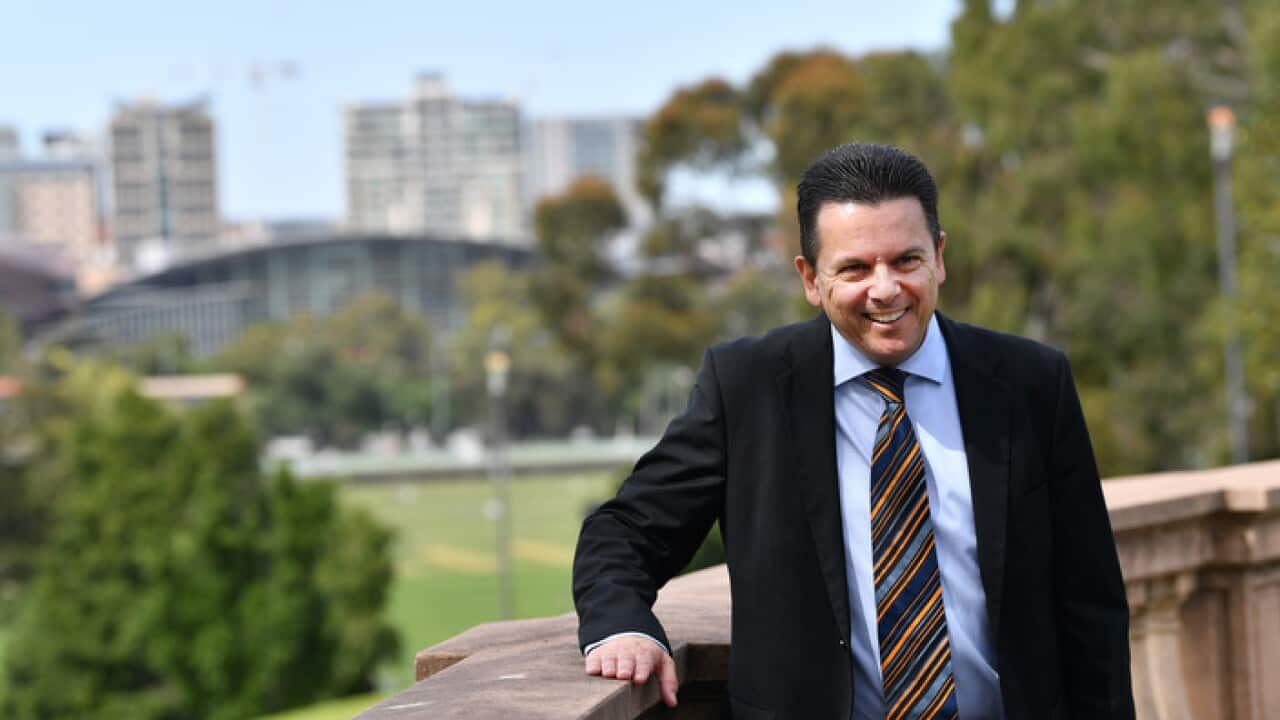The High Court will hand down on Friday its ruling on whether Barnaby Joyce and six senators from across the political spectrum should be removed from the parliament for breaching the Constitution.
It is a high-stakes decision for the Turnbull Government. If Barnaby Joyce is ruled invalidly elected under Section 44, it would trigger a by-election in his seat of New England and place the Coalition's one-seat majority at risk.
The 'Citizenship Seven' come from across the political spectrum - The Nationals' Barnaby Joyce, Fiona Nash, former minister Matt Canavan, former Greens senators Scott Ludlam and Larissa Waters, One Nation's Malcolm Roberts and the NXT's Nick Xenophon.
They all claim they were unaware of their dual citizenship until recently.
The landmark decision comes following a three-day hearing in Canberra earlier in the month.
Government lawyers argued for a more flexible interpretation of Section 44 of the Constitution, which forbids federal politicians from being "subjects or citizens" of a foreign power.
A 1992 High Court case, Sykes v Cleary, established a rule that those who took "reasonable steps" to get rid of their foreign citizenship should be excused.
The government argued five of the seven - excluding Scott Ludlam and Malcolm Roberts - should be allowed to stay in the parliament because they did not know they were dual citizens, and therefore, they could not be reasonably expected to take any steps.
They also argued a "hardline" stance would disqualify a very large number of Australians from sitting in the parliament.
But lawyers for the opposing parties, including an illustrious legal team representing Mr Joyce's electoral rival Tony Windsor, argued to a more literal, black-letter approach to the law.
Justin Gleeson, the former solicitor-general who represented Mr Windsor, said all the politicians with foreign parents, including Mr Joyce, should have at least suspected they might be dual citizens.
He said their dual citizenship status was a risk regardless of whether they knew. For example, you could be asked to serve in a foreign military, or charged with a crime in a foreign jurisdiction and asked to appear in a foreign court.
And he argued against creating a caveat in the law that rewarded politicians for ignorance, where members were safe from Section 44 as long as they did not make any effort to investigate.











